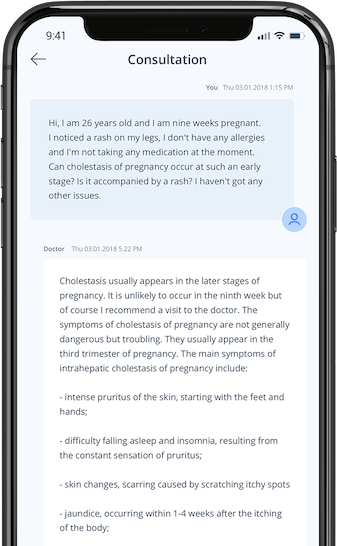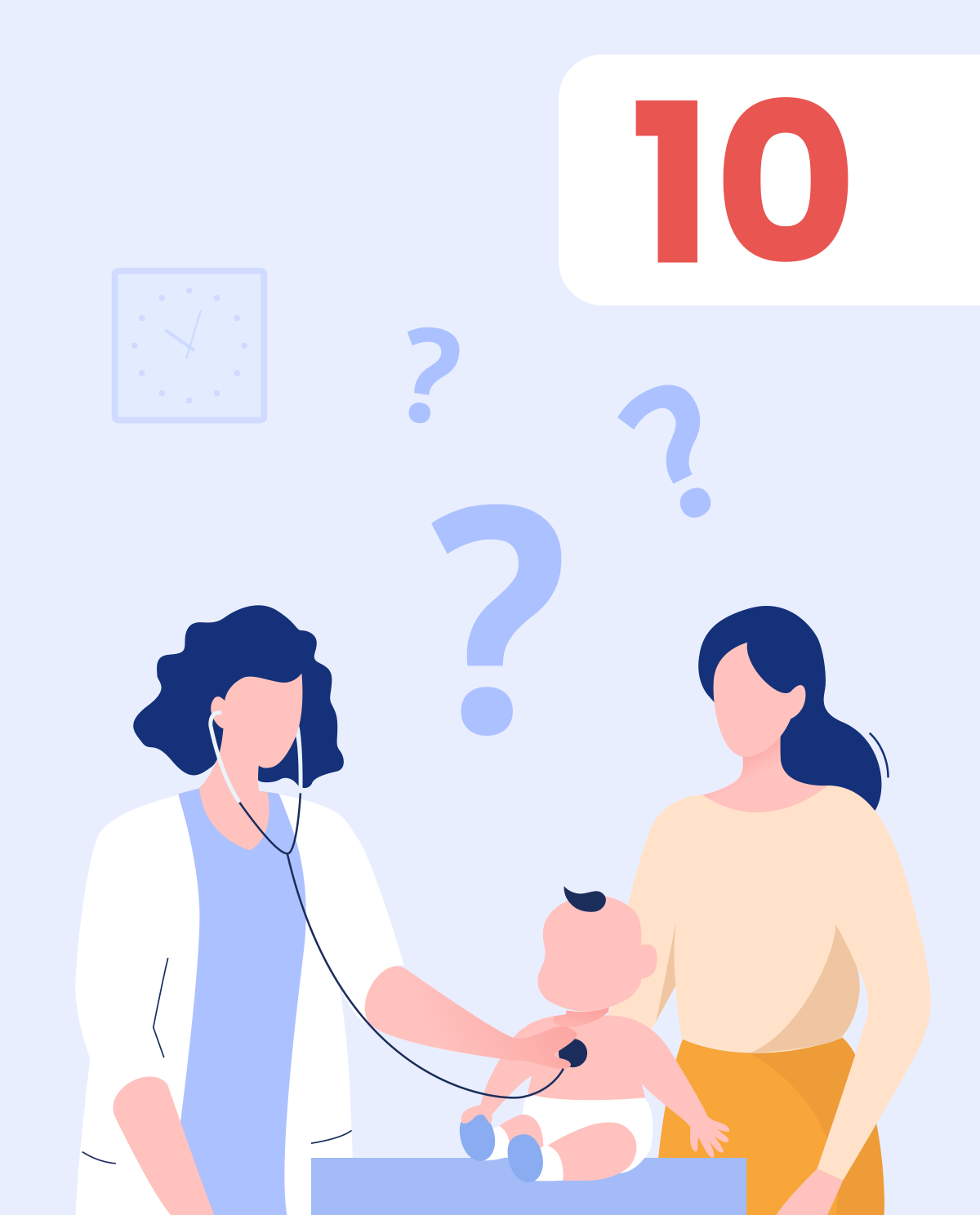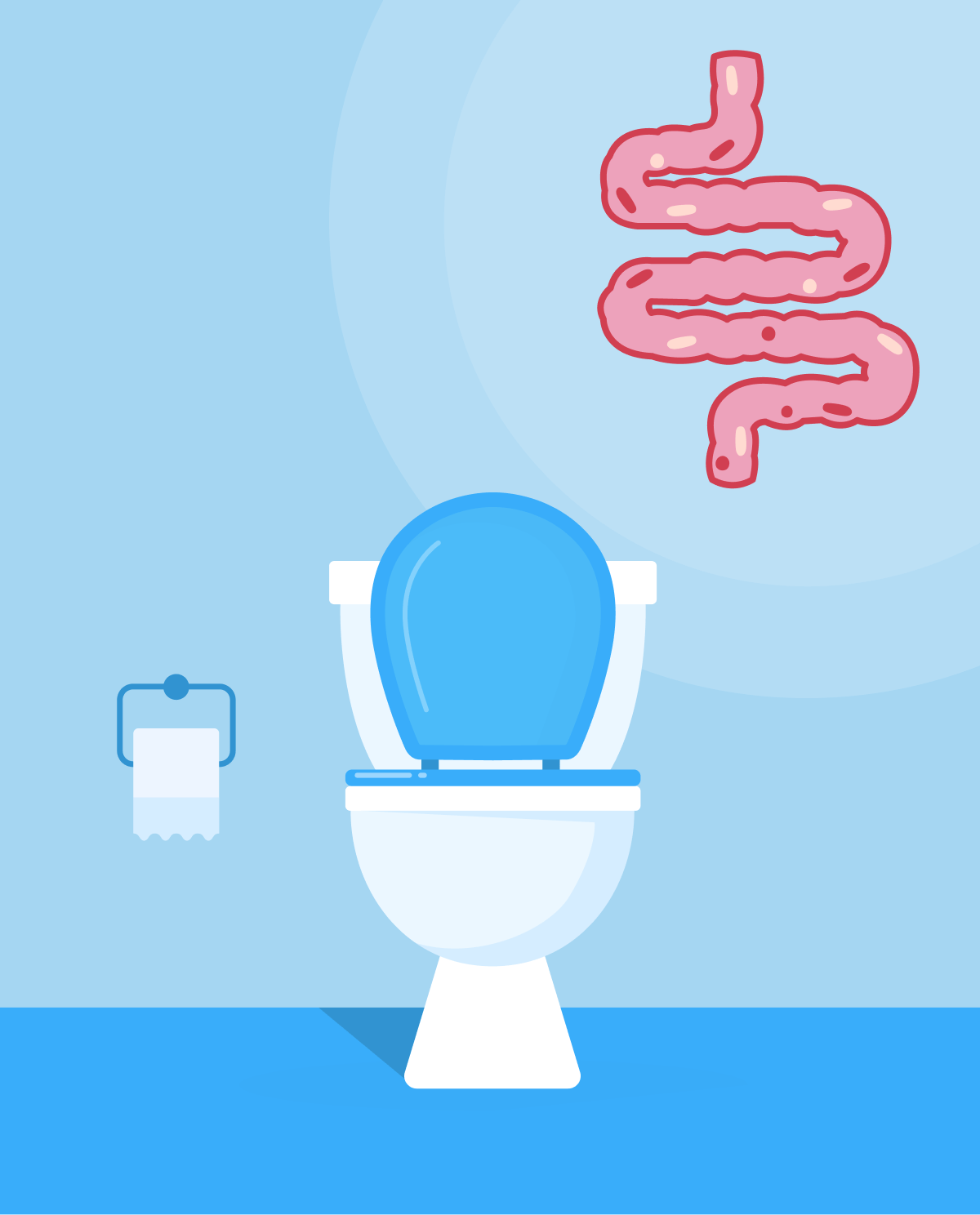1. What can I do to improve my health?
The state of our health depends on many factors, including genetics, environment or medical care. However, according to research, lifestyle has the greatest impact on the well-being of the body. Therefore, when visiting a doctor, it is worth finding out what we can change to regain or maintain full vitality. In addition to universal recommendations, such as a balanced diet, avoiding cigarettes and alcohol or reducing stress, the specialist will help us introduce optimal modifications for specific disease entities. In the case of many diseases, we can do more than with pharmacotherapy by making small changes to our daily habits.
2. What tests should I do and when?
It’s always better to prevent than to cure. How do we prevent things from happening? What kind of action or treatment would be the best choice? These are things we should ask the doctor about at our next visit. A doctor might propose a few tests themselves but as their days are quite hectic something could escape their attention. Performing both preventive examinations and those carried out to control chronic diseases is worth consulting with a doctor. Research panels differ depending on age, gender, family history or individual patient burden. It is also worth asking the doctor whether the tests they request are influenced by other medications or exercise.
3. Why am I taking this medication? When can I expect it to start working?
During your appointment, the doctor will write out a prescription. The patient will then buy the medication at a pharmacy and only after reading the leaflet will they know what they have received. This scenario is highly unfavorable for both parties. Research shows that one of the factors which significantly affects adherence to medical recommendations is explaining how a specific medication works and the legitimacy of its use to a patient before they start treatment. Understanding the basic mechanisms of drug functioning allows the patient to more effectively monitor the course of therapy, increase awareness and increase the chance for effective treatment.
4. What side effects can I expect and what should I do when they occur?
All treatments carry a risk of side effects. It is worth knowing what to expect when taking medication. In addition to listing symptoms that may occur, the doctor should pay special attention to situations in which the drug should be discontinued or its dose modified. This may prevent serious complications during the course of the treatment. In addition, a specialist will explain what to do in the event of side effects. For example, what are the best remedies for pain medication-induced abdominal pain or hypertension medication-induced cough?
5. Will the supplements I take interfere with my treatment?
Poland is one of the countries with the highest sales of dietary supplements. Patients consume them in huge amounts, often without any control or much thought. Just because these products are sold over the counter, doesn't mean they are completely safe. They may interact with medications taken, resulting in a weakening or impairment of the medication. It is worth writing down the supplements you are taking and showing the list to the doctor, making sure that you are not acting to your own detriment.
- Interna Szczeklika 2018 Podręcznik Chorób Wewnętrznych, Autorzy: Piotr Gajewski, Andrzej Szczeklik Wydawnictwo: Medycyna Praktyczna
- Zdrowie publiczne,T.B. Kulik, M. Latalski,Czelej, Lublin 2002
- Epidemiologia w zdrowiu publicznym, J.Bzdęga, A.Gębska-Kuczerowska. (red), Wydawnictwo Lekarskie PZWL, Rok wydania 2010
- https://www.mp.pl/pacjent/dieta/aktualnosci/158578,suplementy-poza-kontrola
- https://www.mp.pl/pacjent/dieta/aktualnosci/186750,suplementy-diety-sukces-czy-problem








